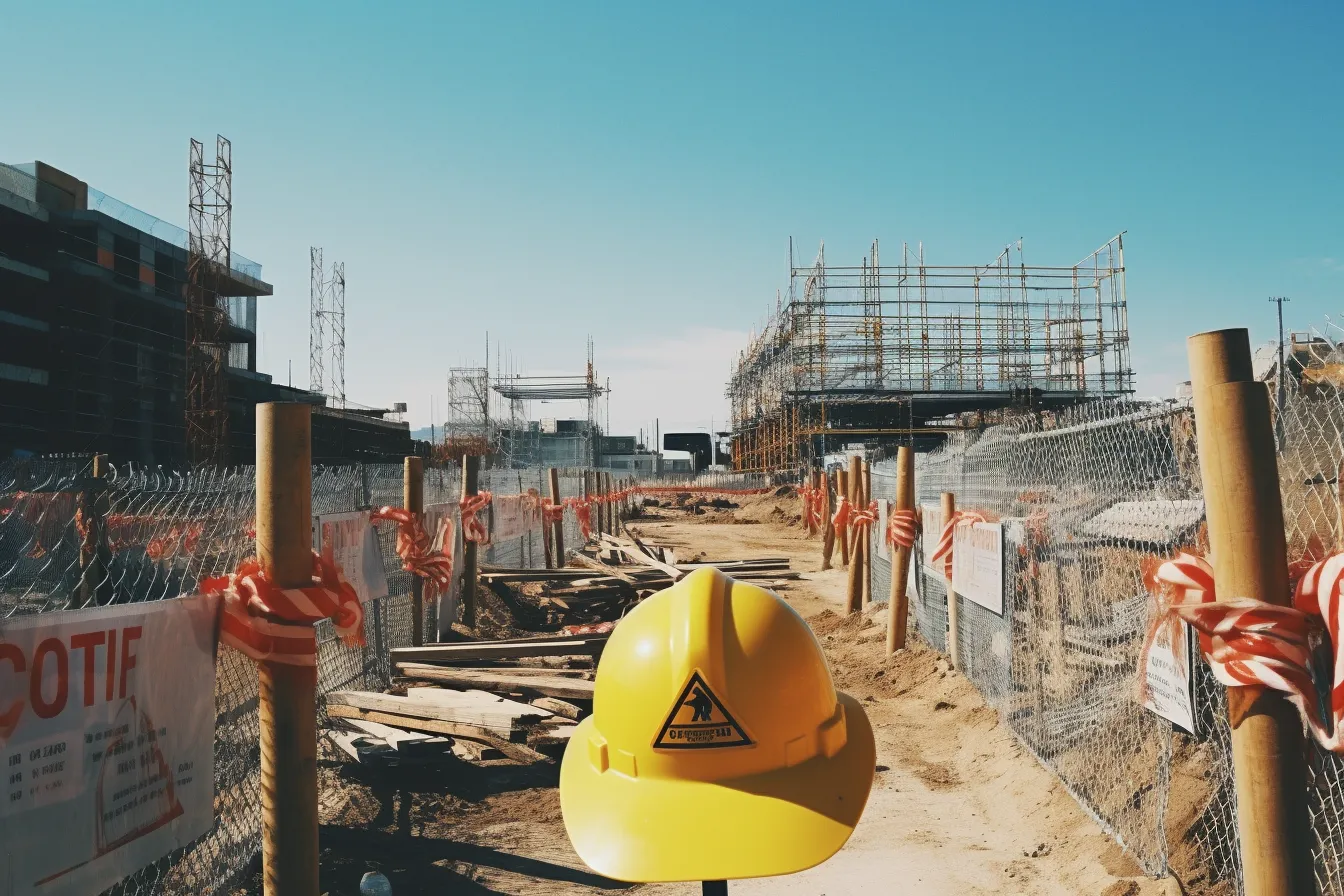Construction Law – Rights of Workers and Employers
Welcome to our comprehensive guide on construction law, where we will delve into the rights and responsibilities of both workers and employers in the construction industry. Construction employment is a vital sector that plays a crucial role in shaping our built environment; however, it is not without its challenges. This article aims to provide a balanced perspective on the rights and duties of both parties, helping to ensure proper compliance and fair treatment for all.
The Rights of Construction Workers
Construction workers, like employees in any industry, are entitled to certain rights and protections under the law. Understanding these rights is essential for workers to ensure they are treated fairly and justly in the workplace.
1. Safe Working Environment – Every construction worker has the right to a safe and healthy working environment. Employers are legally obligated to provide proper safety measures, training, and equipment to prevent accidents and protect workers from hazards.
2. Minimum Wage and Overtime – Workers must receive a fair and reasonable wage for their work. Federal and state laws establish minimum wage rates that employers must adhere to. Additionally, construction workers may be entitled to overtime pay for working more than the standard hours specified by law.
3. Protection from Discrimination – Construction workers are protected from discrimination based on race, gender, age, disability, or other protected characteristics. Employers cannot refuse employment, promotions, or benefits based on discriminatory factors.
4. Right to Organize – Workers have the right to form or join labor unions to collectively bargain for better wages, working conditions, and benefits. Unionized workers may also have additional rights and protections negotiated through their union contracts.
The Responsibilities of Employers
While construction workers have certain rights, employers also have responsibilities to ensure a fair and compliant work environment. Striking a balance between the needs of employees and the requirements of the business is crucial for success.
1. Legal Employment Practices – Employers must comply with applicable labor laws, including minimum wage, overtime, and workplace safety regulations. Failing to adhere to these laws can result in legal consequences and damage to the employer’s reputation.
2. Contract and Payment Compliance – Employers are required to fulfill the terms of any employment contracts and provide accurate and timely payment for work performed. This includes paying wages, reimbursing expenses, and adhering to any agreed-upon benefits or bonuses.
3. Creating a Safe Workplace – Employers must take proactive measures to maintain a safe working environment. This includes conducting regular inspections, providing appropriate safety equipment, and ensuring employees receive thorough safety training.
4. Prevention of Discrimination and Harassment – Employers must establish policies and procedures to prevent discrimination and harassment in the workplace. This involves promoting an inclusive and respectful work culture, providing clear channels for reporting grievances, and promptly addressing any complaints or concerns.
Resolving Disputes
Inevitably, disputes can arise between construction workers and employers, but it is important to navigate them in a fair and legally appropriate manner. Here are some steps to follow when resolving conflicts:
1. Open Communication – Both parties should attempt to resolve issues through open and respectful communication. This may involve discussing concerns, seeking clarification, or proposing possible solutions.
2. Mediation or Arbitration – If direct communication does not result in a satisfactory resolution, mediation or arbitration can be pursued. These methods involve neutral third parties assisting in finding a mutually agreeable solution.
3. Filing a Complaint – In cases where disputes cannot be resolved through negotiation or alternative dispute resolution, individuals may need to file a formal complaint with the appropriate government agency or seek legal counsel.
It is essential for both workers and employers to be aware of their rights and obligations to maintain a productive and harmonious construction work environment. By understanding the laws and regulations governing construction employment, parties can ensure fair treatment, protect their interests, and contribute to the growth and success of the industry.
